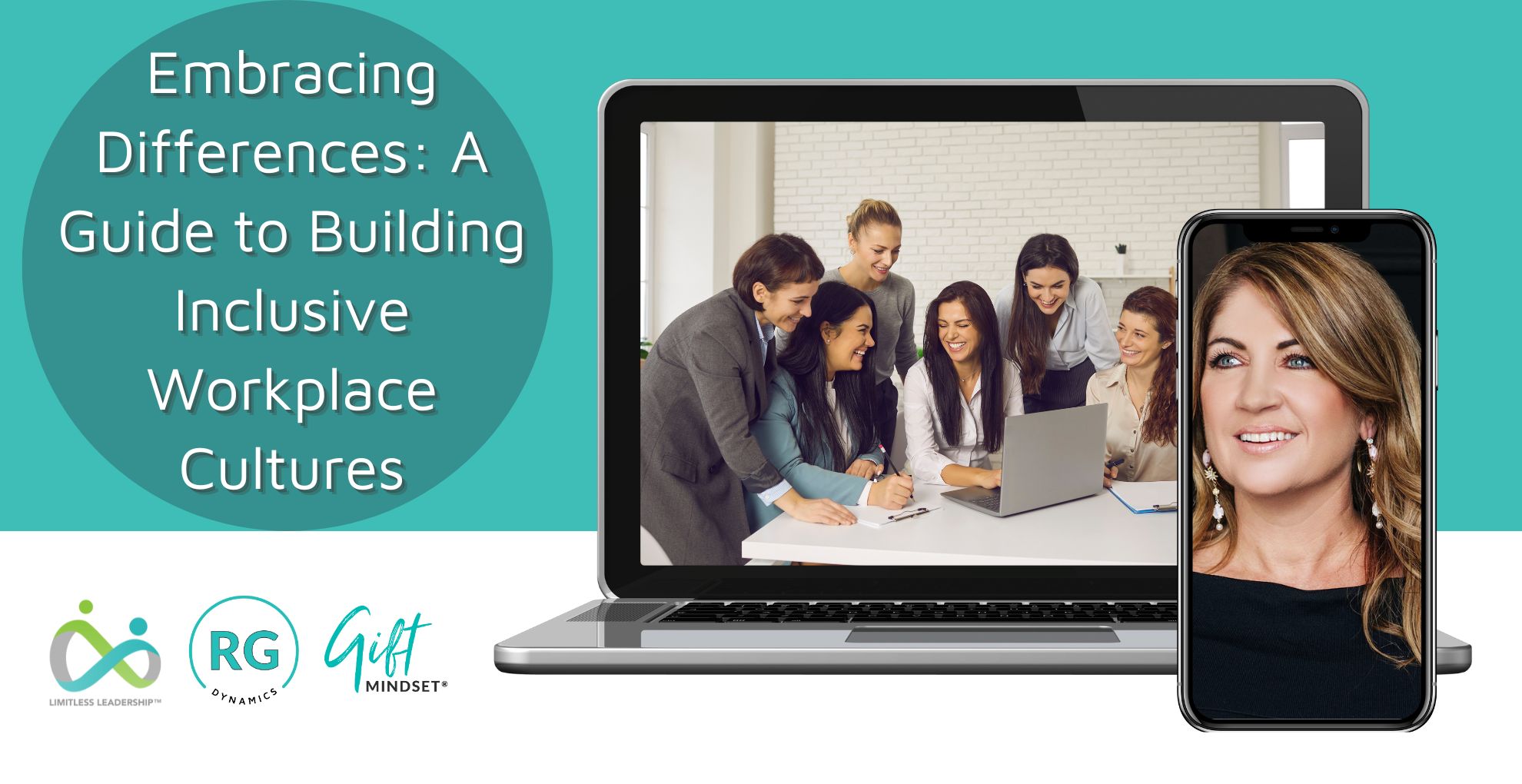It’s good to be aware that your strengths and the things that motivate you—your energisers—can become your weakness. The things that motivate you, energise you and light you up can also be to your detriment if you overuse them or use them in overdrive.
It’s good to be aware that your strengths and the things that motivate you—your energisers—can become your weakness. The things that motivate you, energise you and light you up can also be to your detriment if you overuse them or use them in overdrive. It is similar with strengths; the things you are strong at can sometimes be overused because you are good at them and enjoy doing them. This can occur quite easily, as you may not be aware how often you are doing these things. As they naturally motivate you, you may do them at a subconscious level.
We have both extrinsic and intrinsic motivators
Let’s start off by having a look at extrinsic motivation. This type of motivation occurs where the motivational factors are external to us. Our actions here are performed as a means to an end, and this is usually valued more than the actual activity itself. An example of this could be exceeding a sales or business target to receive a monetary incentive or an award on stage. Intrinsic motivation is a different case, as the motivating factors emanate from within us and are determined by the way we feel about what we are doing. If working on achieving a business target or incentive, a person may feel they are gaining personal satisfaction, excitement, and fun. These are examples that the person, in this case, is experiencing intrinsic motivation. Intrinsic motivation can have the greatest potential to create an ongoing behaviour of activity and adherence.
Social psychologists have long identified that a sense of ownership is crucial for people to feel intrinsically motivated.
When an individual experiences development combined with a sense of autonomy over the actual process of development, they will feel an increased boost in their motivation to progress.
Motivation in overdrive
Let’s have a closer look at motivation in overdrive. One of my key motivators, or the things that energise me, is optimism, which means I am highly motivated by being in a work environment where having a positive outlook and being able to remain optimistic is accepted. I can easily stay positive and outcome-focused at the most challenging times. A defining moment that displayed this for me was when I was going for my first real job in a global company in my early twenties. I got through five of six gruelling stages, and it was down to myself and one other candidate to present at a final assessment centre at 9 am on a Tuesday morning. I had put hours into my marketing presentation and rehearsed it to the hilt. I had organised a lift from one of my best friends into the city for the Tuesday morning, had practised my presentation and had even lashed out on yet another outfit, all in the hope to secure the job.
On the Monday night, I received an unexpected phone call. I was actually out watching a movie when I got the call from my Mum saying I needed to come home and that something had happened. I will never forget that drive, with my now-husband, whom I had only just met. I went into autopilot; I was determined to get home and find out what had happened. I arrived at my Mum and stepdad’s house, where I was living at the time. Mum opened the door puffy-eyed and in tears. My whole world stood still in that moment. I was shocked to hear Dad was unwell. He was in hospital. We got back in the car and sped to the hospital, and in a blur of uncertainty and tears, we ran into emergency. My Dad, who I was very close to—had just passed away. I was horrified, devastated and overwhelmed with such a sudden loss. Although he had just passed on, I got to hold his hand and say goodbye. It was the most surreal experience of my life. Holding his warm hand that I kissed a million times as the nurse held me up, I said an emotional goodbye with little feeling of closure and comprehension of what just happened.
The drive home to my family was in total numbing silence. We were all in shock, and we were speechless.
There were so many questions
Reality hit me when I remembered I had my assessment the next morning. What was I going to do? Should I go? Should I cancel?
I saw my Dad every week. We were close and were similar in many ways. He had been an avid entrepreneur with amazing ideas, dreams and a knack for technology and music. I hadn’t seen him for over two weeks, which was rare, and this was because the last thing he said to me was,
Get that job, it will set you up. I know you can get it.
Those words resounded in my mind all night and guess what? I called my friend to let her know what had happened and to confirm she would still need to drive me to the city. I didn’t sleep that night, and with a foggy head and a heavy heart, I got ready the following morning, armed with my presentation, a stomach full of butterflies and total uncertainty of how I was going to hold up.
The assessment went well. I somehow put all my emotions aside, believed in myself, and focused on getting the role. By the end, I was emotionally drained, physically dizzy, and when asked about relocating if I got the role, I let the panel know what had happened. I’m not going to say it was easy; it was probably the most challenging thing I have ever done, but I had so much determination and a positive anchor in getting the role that nothing could stop me. I ended up getting the job and spent a decade with what was an amazing and career-building company.
Some people may call me ruthless, insensitive and crazy; I even questioned myself on this at the time, but my optimism and positive outlook went into overdrive and got me through. This is an example of when the motivation of optimism in overdrive worked for me.
The lesson
Many years later, this same motivation of ‘optimism in overdrive’ worked in the reverse when a colleague commented that when we sometimes didn’t land certain projects we had pitched, I moved on too easily and maybe didn’t look at why we didn’t get the work. He’s opened my eyes to the fact that I needed to look into why some of the work we pitched didn’t go through. The lesson here was that at times I needed to be more realistic and lower my positivity.
The lesson has served me well in running my practice. I have learnt that it is okay and acceptable to be open and show some vulnerability at times in order to grow, learn and have realistic expectations.
When working with people who may have different motivators to ourselves, we need to be conscious of these in order to work even better together and complement each other. In this example, my colleague was more of a realist and was motivated to solve problems, whereas I was goal-oriented and optimistic. This frustrated her as she saw me as unrealistic; whereas I saw her as being negative. In either case, we were both right but just needed to understand each other better and fine-tune the level of what motivated each of us.
Individual motivation
I wanted to share my story with you because we need to look at what motivates us at an individual level and dial it up or down accordingly. Others may see the world differently to you.
Feed and satisfy what motivates you, but always check in to ensure your self-motivators aren’t in overdrive and to the detriment of you and others.
To being Limitless





